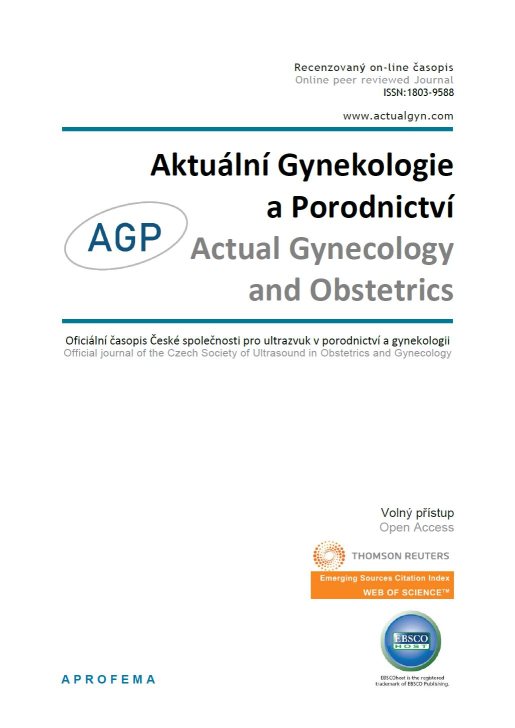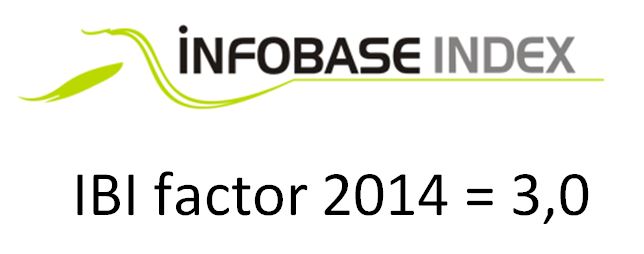











 Official publication of the Czech Society of Ultrasound in Obstetrics and Gynecology.
Official publication of the Czech Society of Ultrasound in Obstetrics and Gynecology.

Objectives: Magnesium is the fourth most common cation in the human body, and the second cation to potassium in the intracellular space. It participates as a cofactor of enzymes in the metabolic reactions, creation and utilization of energy and is necessary for the maintenance of electrolyte balance. The body of an adult contains about 0.043% (535-730 mmol) of magnesium, which is the equivalent of about 22-30 g (60% in the bony skeleton, 40% intracellular in muscles and soft tissue, 1% (7.5-10 mmol) in extracellular fluid). The daily requirement of magnesium is estimated at 10 to 20 mmol, i.e. 200-400 mg. As for dosage, the higher the dose, the lower the percentage of absorption from the intestine. Of the recommended daily dose of 15 mmol (365 mg), only about a third is absorbed. The importance of magnesium in pregnancy: implications of a manifest lack of magnesium may include: 1. increased risk of miscarriage – preterm labor (cervical incompetence, premature rupture of membranes); 2. placental insufficiency and fetal hypotrophy;
3. development of maternal gestosis; 4. increased risk of asthma and eczema in neonates. Magnesium sulfate given to pregnant women with threatened preterm labor (23+0 – 30+0) reduces the risk of cerebral palsy in surviving infants.
Summary: In cases of threatened preterm labor it is not recommended to administer magnesium sulfate intravenously for more than 5-7 days. This restriction does not apply to the oral application of magnesium.